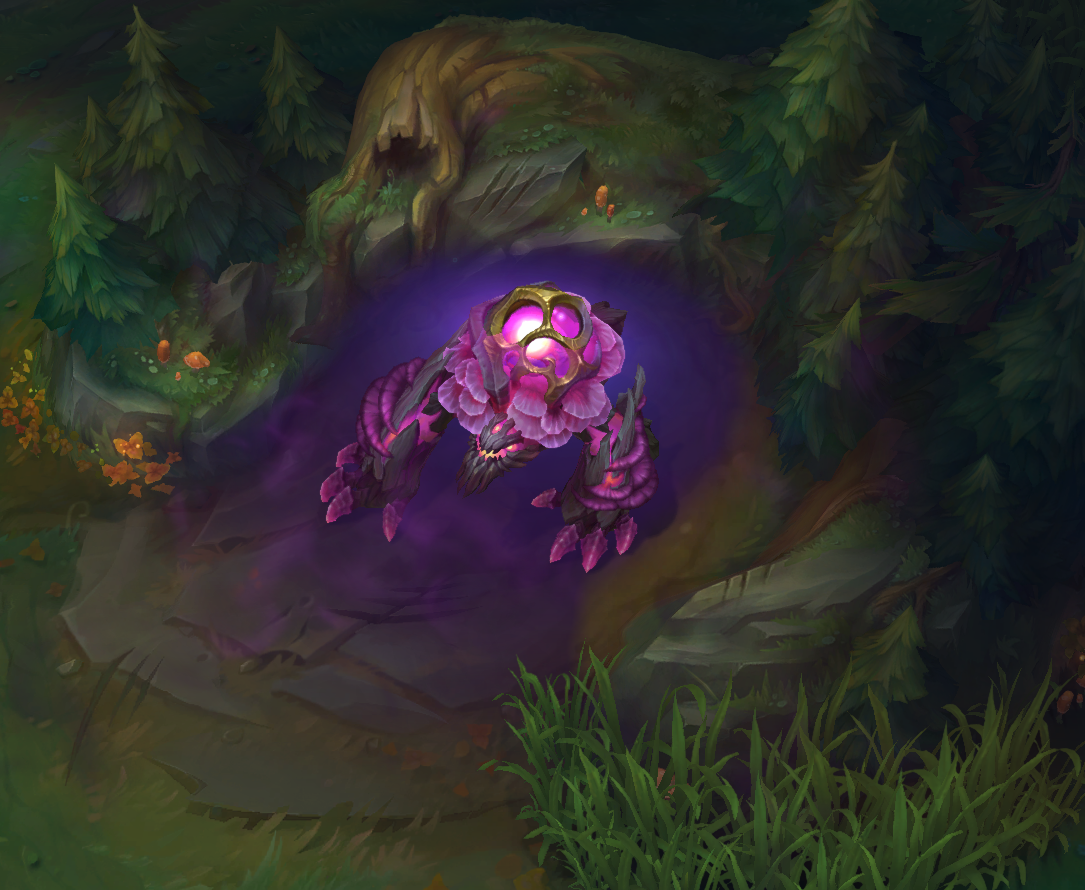Welcome to “Chronicles of Creation: The Origins and Evolution of Game Lore,” an in-depth exploration of how game lore has evolved over time, shaping the worlds, characters, and narratives that define gaming experiences. In this journey, we’ll delve into the early origins of game lore, trace its evolution through different genres and eras, and examine how it continues to influence modern gaming landscapes. Join us as we unravel the rich tapestry of storytelling in gaming and uncover the secrets of its creation.

Prelude: The Genesis of Game Lore
Game lore has its roots in the earliest days of gaming, where simple sprites and text-based adventures laid the groundwork for the immersive narratives and rich worlds we see today. In this section, we’ll explore the humble beginnings of game lore, from the text-based adventures of the 1970s to the pixelated worlds of the 8-bit era, and examine how these early pioneers laid the foundation for the storytelling techniques and narrative conventions that continue to shape gaming experiences to this day.
Dawn of Lore
Text-Based Adventures
In this section, we’ll journey back to the origins of game lore, where text-based adventures and interactive fiction laid the groundwork for immersive storytelling in gaming. Games like Zork and Adventure introduced players to richly detailed worlds filled with puzzles, mysteries, and compelling characters, inviting them to explore, interact, and uncover the secrets hidden within their virtual landscapes.
Interactive Fiction
Interactive fiction games pioneered many of the narrative techniques and storytelling conventions that continue to shape gaming experiences today. With their branching narratives, multiple endings, and richly descriptive prose, interactive fiction games challenged players to use their imagination and creativity to navigate complex narratives and shape the outcome of their adventures.
Early RPGs
Early role-playing games (RPGs) introduced players to immersive worlds filled with rich lore, epic quests, and memorable characters. Games like Ultima and Wizardry transported players to fantasy realms teeming with monsters, magic, and ancient mysteries, inviting them to embark on epic quests, battle fearsome foes, and uncover the secrets of their virtual worlds.
Golden Age of Lore
Narrative Depth
In this section, we’ll explore the golden age of game lore, where advances in technology and game design allowed developers to create deeper, more immersive narratives than ever before. From the sprawling open worlds of RPGs to the cinematic storytelling of adventure games, this era saw a proliferation of richly detailed worlds and complex characters that captivated players and inspired generations of gamers.
RPG Renaissance
The RPG renaissance of the 1990s brought with it a wave of groundbreaking titles that pushed the boundaries of storytelling in gaming. Games like Final Fantasy VI and Chrono Trigger introduced players to richly imagined worlds filled with memorable characters, epic quests, and intricate plotlines that captivated players and set new standards for narrative depth and complexity.
Adventure Classics
Adventure games flourished during the golden age of game lore, with developers pushing the boundaries of storytelling and immersion in gaming. Games like The Secret of Monkey Island and Grim Fandango transported players to vibrant, imaginative worlds filled with humor, mystery, and unforgettable characters, setting new benchmarks for narrative-driven gaming experiences.
Modern Legends
Narrative Innovation
In this section, we’ll examine the modern era of game lore, where advances in technology and game design have opened up new possibilities for storytelling and immersion in gaming. From the sprawling open worlds of sandbox games to the branching narratives of choice-based adventures, this era has seen a renaissance of creativity and innovation in game lore that continues to push the boundaries of what is possible in gaming.
Open-World Epics
The rise of open-world games has transformed the landscape of game lore, allowing players to explore vast, immersive worlds filled with richly detailed environments, dynamic characters, and epic quests. Games like The Legend of Zelda: Breath of the Wild and The Witcher 3: Wild Hunt have set new standards for world-building and immersion in gaming, inviting players to lose themselves in sprawling landscapes teeming with life, adventure, and discovery.
Choice-Based Narratives
Choice-based narratives have emerged as a powerful tool for storytelling in gaming, allowing players to shape the outcome of their adventures through their decisions and actions. Games like Life is Strange and The Walking Dead have redefined the way we think about storytelling in gaming, offering branching narratives that adapt and evolve based on the choices players make, creating deeply personal and emotionally resonant experiences that leave a lasting impact on players long after the credits roll.
Future Horizons
Evolutionary Paths
In this final section, we’ll peer into the future of game lore, exploring the innovative techniques and emerging technologies that promise to revolutionize storytelling in gaming. From virtual reality and augmented reality to procedural generation and artificial intelligence, the future of game lore holds endless possibilities for immersion, interactivity, and creativity that will shape the next generation of gaming experiences.
Virtual Realms
Virtual reality has the potential to revolutionize storytelling in gaming, offering players a chance to step into fully immersive worlds and experience narratives in ways never before possible. With VR technology continuing to evolve and improve, the future of game lore holds exciting possibilities for virtual realms that blur the line between reality and fiction, offering players an unprecedented level of immersion and interactivity in their gaming experiences.
Procedural Generation
Procedural generation has emerged as a powerful tool for creating dynamic, living worlds in gaming, offering developers a way to generate vast, open-ended environments filled with endless possibilities for exploration and discovery. With advances in procedural generation techniques and algorithms, the future of game lore holds exciting potential for worlds that evolve and adapt in real-time, offering players a sense of immersion and agency that goes beyond traditional storytelling conventions.
Conclusion
“Chronicles of Creation: The Origins and Evolution of Game Lore” is a celebration of the rich tapestry of storytelling in gaming, from its humble beginnings in text-based adventures to its groundbreaking innovations in modern gaming experiences. As technology continues to advance and game developers push the boundaries of creativity and imagination, the future of game lore holds endless possibilities for immersive, interactive storytelling experiences that will captivate players and inspire generations of gamers to come.










